Introduction:
Dental plaque might seem harmless at first, but if ignored, it can seriously harm your teeth and gums. In this easy-to-follow guide, we’ll explain what dental plaque is, how it forms, its effects on your oral health, and most importantly, how to prevent and remove it effectively.
What is Dental Plaque?
Dental plaque is a sticky, colorless film of bacteria that forms on your teeth naturally. Although it’s common, if you don’t remove it regularly, plaque can lead to several oral health problems like cavities, gum disease, and bad breath.
How Does Plaque Form?
Plaque develops when bacteria in your mouth interact with leftover food particles. When you eat sugary or starchy foods, bacteria break them down, producing acids. These acids mix with food debris and saliva, forming plaque, which sticks to your teeth and gums.
The Risks of Plaque Buildup:
If you don’t control plaque, it can lead to:
- Tooth Decay: The acids from plaque weaken your tooth enamel, causing cavities.
- Gum Disease: Plaque buildup along the gumline can irritate your gums, leading to inflammation and gum disease.
- Tartar: When plaque isn’t removed, it hardens into tartar, which needs professional cleaning.
- Bad Breath: Plaque bacteria release foul-smelling gases, leading to bad breath.
How to Prevent and Remove Dental Plaque?
You can manage plaque through simple daily habits:
- Brushing: Brush twice a day with fluoride toothpaste and a soft-bristled toothbrush. Make sure to clean the front, back, and chewing surfaces of your teeth.
- Flossing: Floss every day to remove plaque and food particles from between your teeth.
- Mouthwash: Use an antimicrobial mouthwash to reduce bacteria and slow plaque formation.
- Healthy Diet: Limit sugary and starchy foods that feed plaque. Instead, choose a balanced diet rich in fruits, vegetables, and lean proteins.
- Regular Dental Visits: See your dentist for professional cleanings and check-ups. Dentists can remove plaque and tartar and check your overall oral health.
Conclusion:
Dental plaque is common, but if ignored, it can lead to severe oral health problems. By understanding how plaque forms and the risks it brings, you can take steps to prevent it. Good oral hygiene and regular dental check-ups will help you maintain a healthy, bright smile.
FAQs:
1.What happens if dental plaque is not removed?
If plaque isn’t removed, it hardens into tartar, leading to tooth decay, gum disease, and bad breath.
2.Can you remove plaque at home?
Yes, brushing and flossing can remove plaque, but only a dentist can remove tartar once it forms.
3.What foods cause plaque buildup?
Sugary and starchy foods like candy, chips, and bread contribute to plaque formation as they feed the bacteria in your mouth.
4.How quickly does plaque turn into tartar?
Plaque can harden into tartar in as little as 24 to 72 hours if not removed.
5.Is mouthwash effective in preventing plaque?
Yes, antimicrobial mouthwash can reduce bacteria that form plaque, but it should be used alongside brushing and flossing.
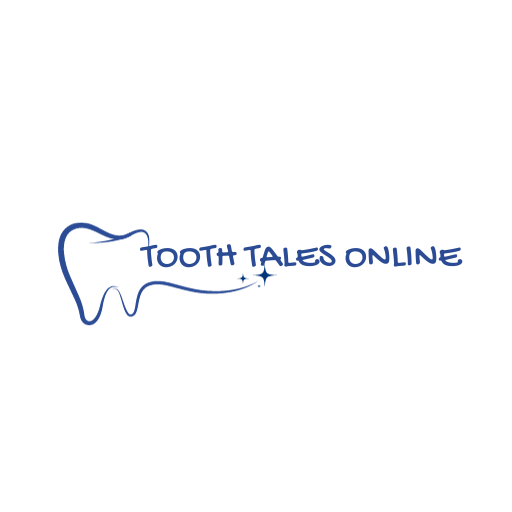
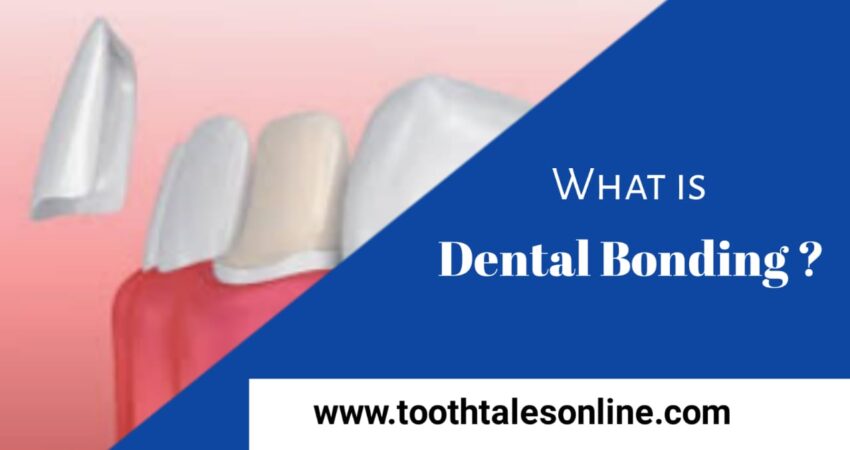

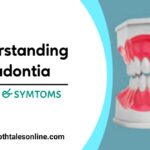
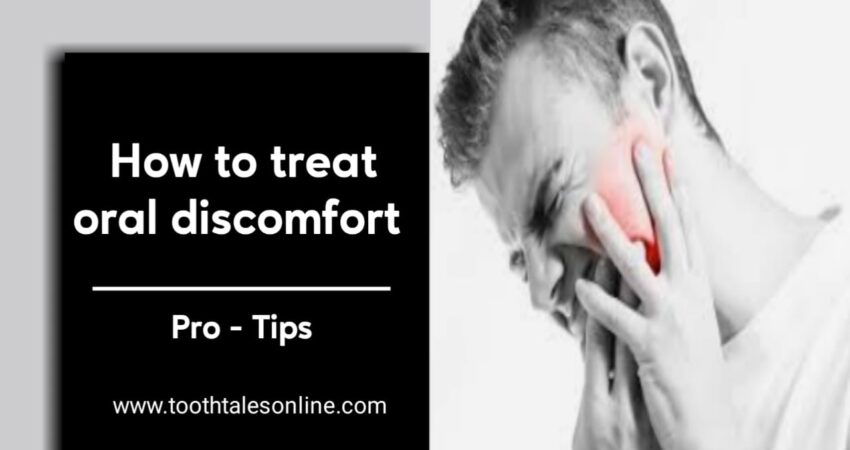
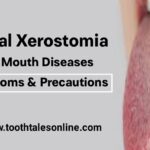

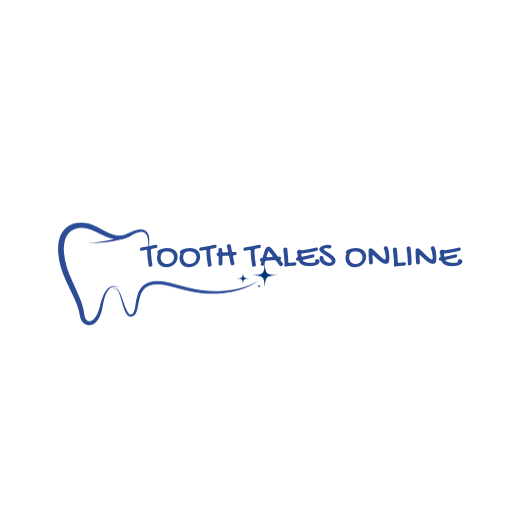
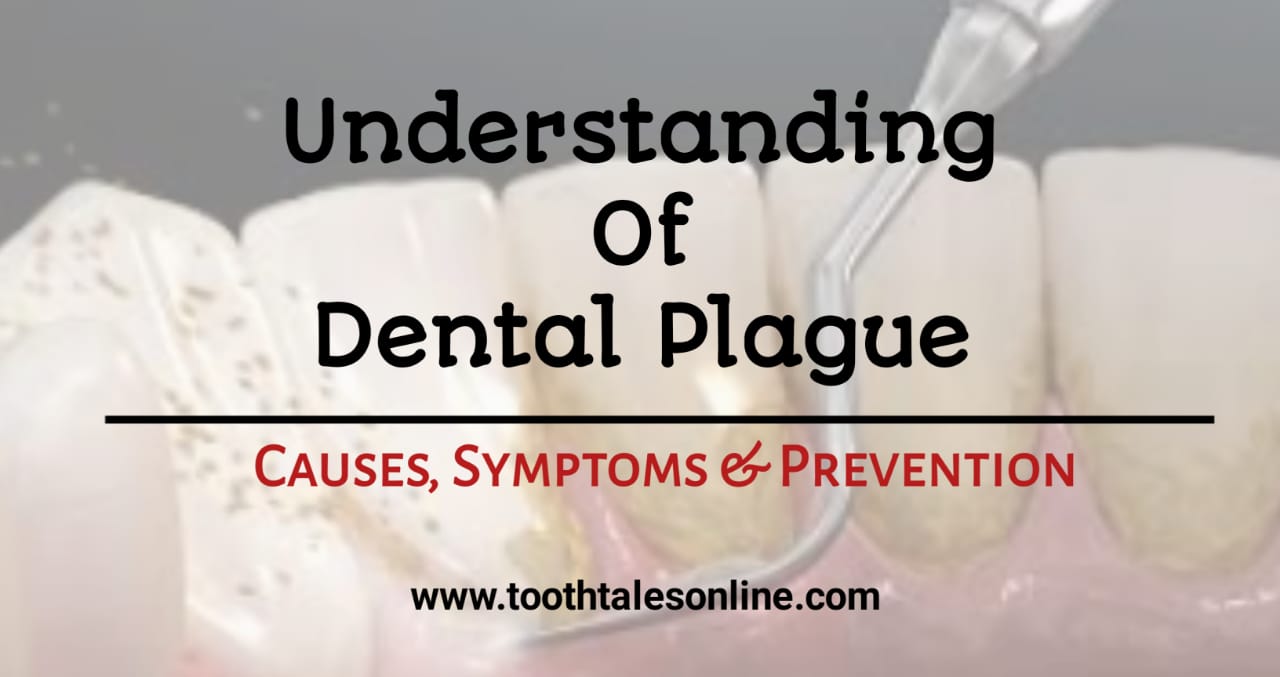
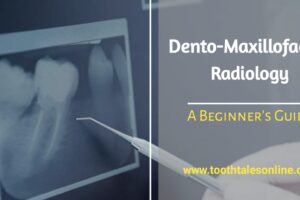
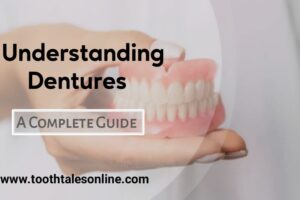
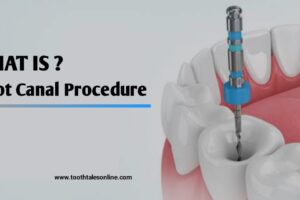










Add Comment